October 27, 1970
October 28, 1909
October 28, 1907
John Harold Hewitt, poet who wrote the Glens of Antrim, is born
October 28, 1880
October 28, 1875
October 28, 1794
On July 27
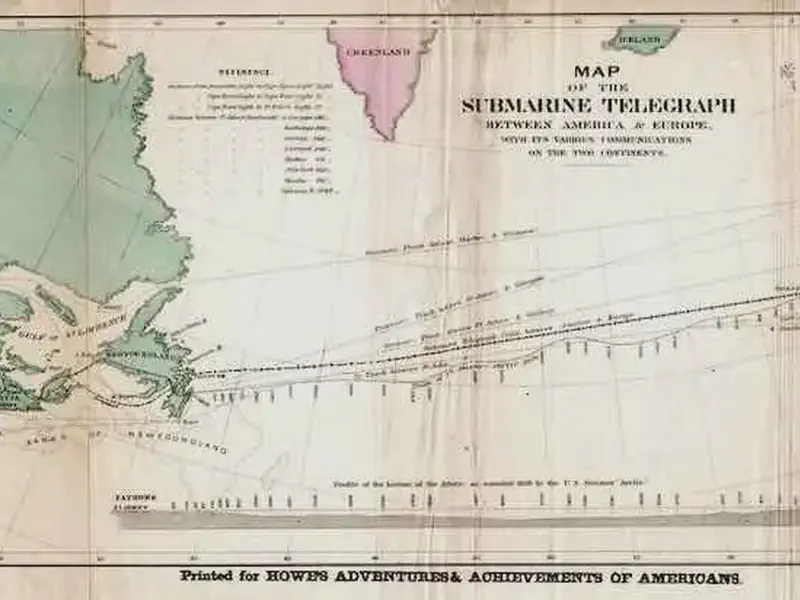
July 27, 1866
Transatlantic telegraph cables were undersea cables running under the Atlantic Ocean for telegraph communications. Telegraphy is now an obsolete form of communication and the cables have long since been decommissioned, but telephone and data are still carried on other transatlantic telecommunications cables.
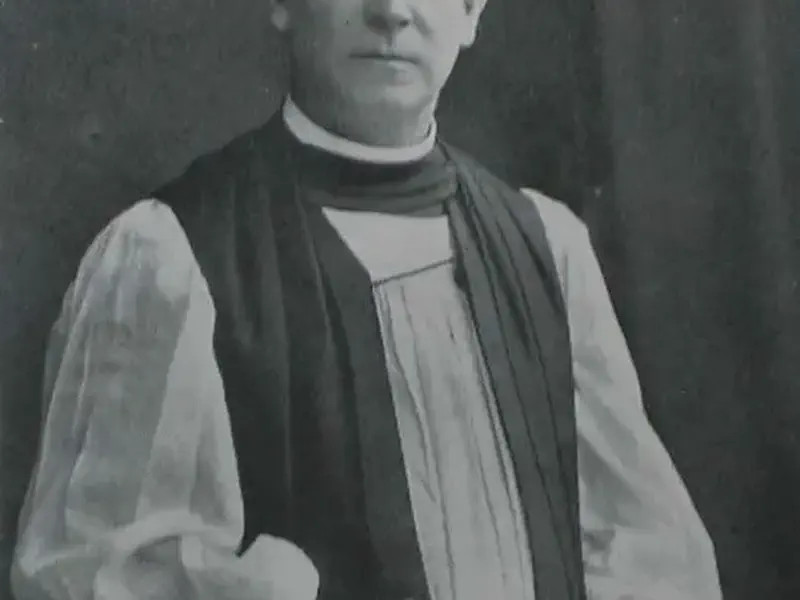
July 27, 1860
John Henry Bernard, PC (27 July 1860 – 29 August 1927), was an Irish Anglican clergyman.
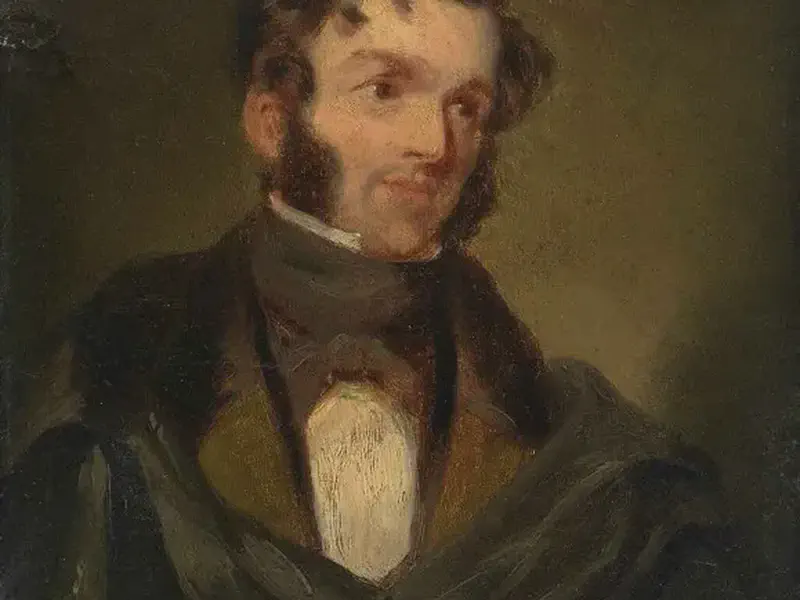
July 27, 1846
William Smith O’Brien leads the Young Irelanders out of the Repeal Association
William Smith O’Brien (Irish: Liam Mac Gabhann Ó Briain; 17 October 1803 – 18 June 1864) was an Irish nationalist Member of Parliament (MP) and a leader of the Young Ireland movement. He also encouraged the use of the Irish language. He was convicted of sedition for his part in the Young Irelander “Famine Rebellion” of 1848 but his sentence of death was commuted to deportation to Van Diemen’s Land.
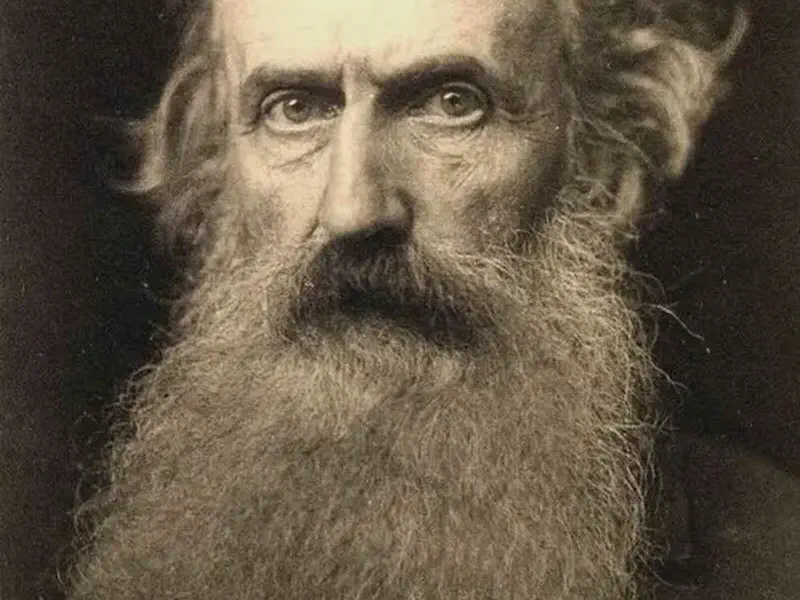
July 27, 1830
John O’Leary (23 July 1830 – 16 March 1907) was an Irish separatist and a leading Fenian.
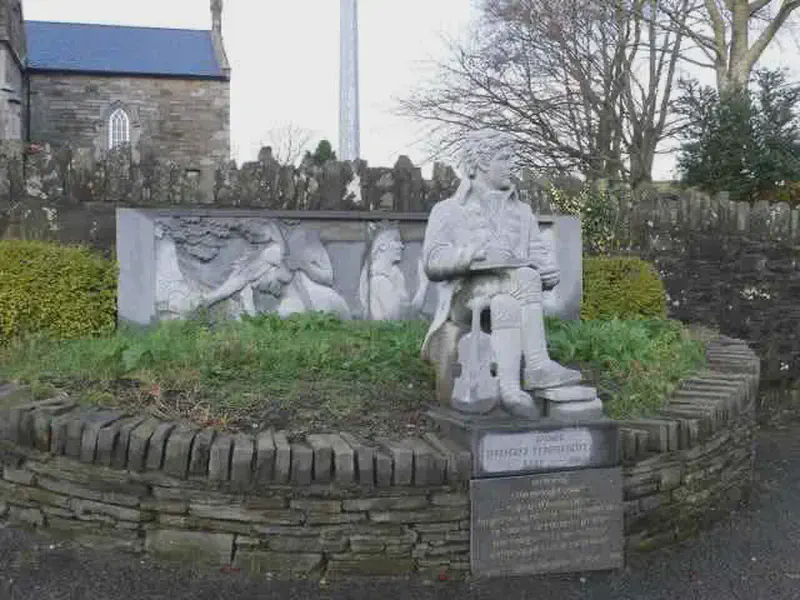
July 27, 1805
Brian Merriman or in Irish Brian Mac Giolla Meidhre (c. 1747 – 27 July 1805) was an Irish language bard, farmer, and hedge school teacher from rural County Clare.
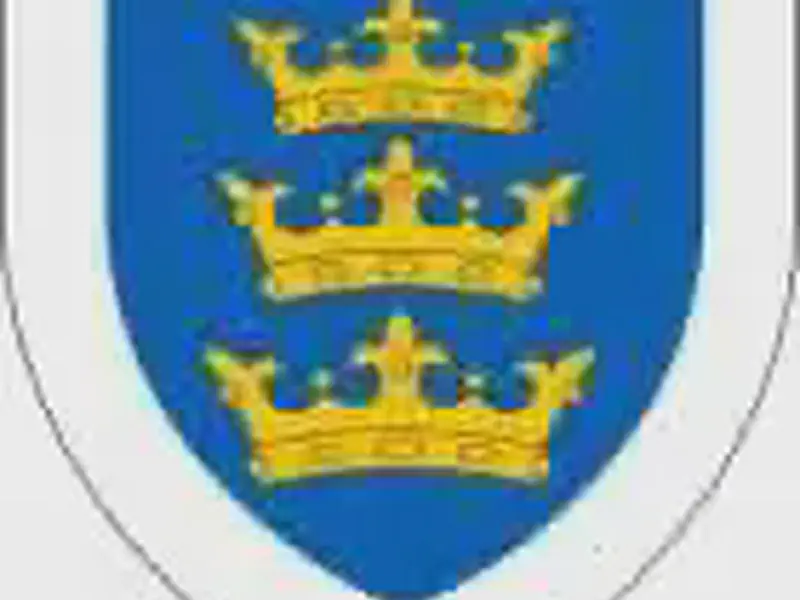
July 27, 1782
Statute of Drogheda Poynings’ Law or the Statute of Drogheda later titled “An Act that no Parliament be holden in this Land until the Acts be certified into England”) was a 1494 Act of the Parliament of Ireland which provided that the parliament could not meet until its proposed legislation had been approved both by Ireland’s Lord Deputy and Privy Council and by England’s monarch and Privy Council.

July 27, 1782
Second and third Catholic Relief Acts
The third Catholic Relief Act came into effect on July 27, 1782. This act follows the second which was issued on May 04, 1782.

July 27, 1710
George Carpenter, former MP for Newtown, is wounded at Battle of Almenara, Spain
Lieutenant-General George Carpenter, 1st Baron Carpenter of Killaghy (10 February 1657 – 10 February 1731) was a British army officer who also sat in the House of Commons from 1715 to 1727. First commissioned in 1685, Carpenter took part in the 1689 to 1691 Williamite War in Ireland, before being transferred to Flanders in 1692 for service in the 1688 to 1697 Nine Years’ War.
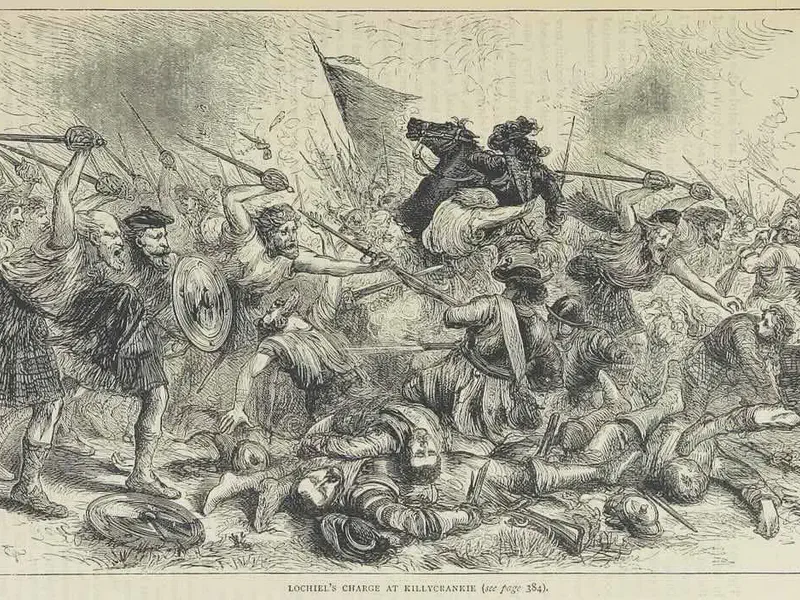
July 27, 1689
1689 Scottish Jacobite rising The Battle of Killiecrankie (Scottish Gaelic: Blàr Choille Chnagaidh), also referred to as the Battle of Rinrory, took place on 27 July 1689 during the 1689 Scottish Jacobite rising. A Jacobite force under John Graham, Viscount Dundee, defeated a government army commanded by Hugh Mackay.
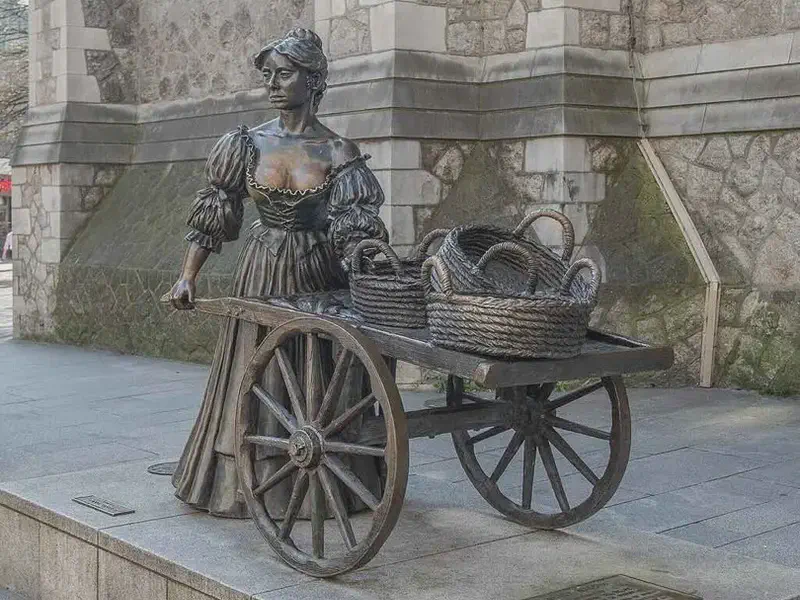
July 27, 1669
Molly Malone is christened in Dublin
Cockles and Mussels “Molly Malone” (also known as “Cockles and Mussels” or “In Dublin’s Fair City”) is the unofficial anthem of Dublin City in Ireland.
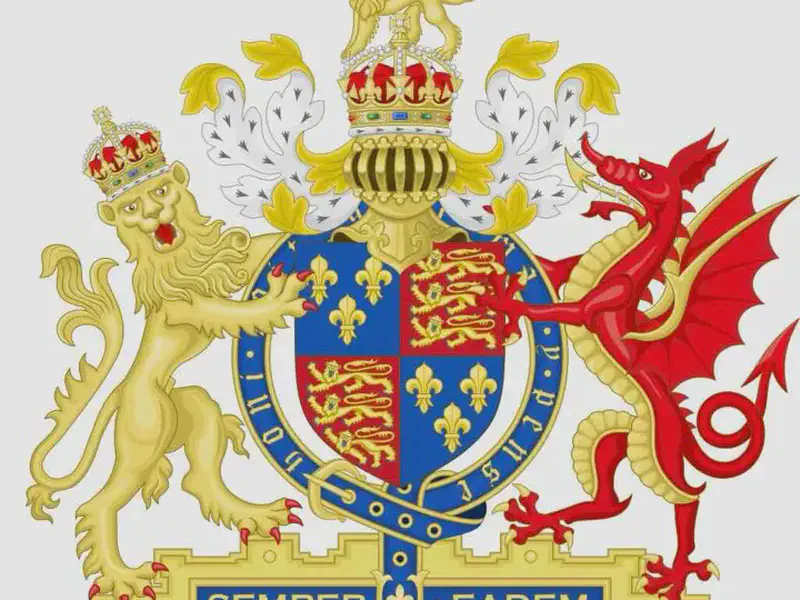
July 27, 1663
The Navigation Act restricts Irish trade with colonies as well as exports to England
The Navigation Acts, or more broadly the Acts of Trade and Navigation, were a long series of English laws that developed, promoted, and regulated English ships, shipping, trade, and commerce between other countries and with its own colonies.
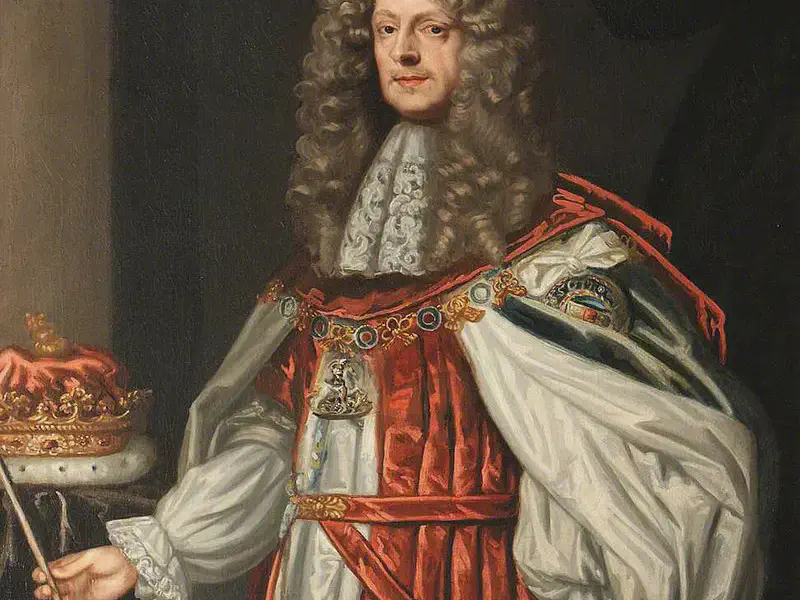
July 27, 1662
James Butler, 1st Duke of Ormond becomes Lord Lieutenant and arrives in Ireland on this date
Lieutenant-General James FitzThomas Butler, 1st Duke of Ormond, KG, PC (19 October 1610 – 21 July 1688), was an Irish statesman and soldier, known as Earl of Ormond from 1634 to 1642 and Marquess of Ormond from 1642 to 1661.
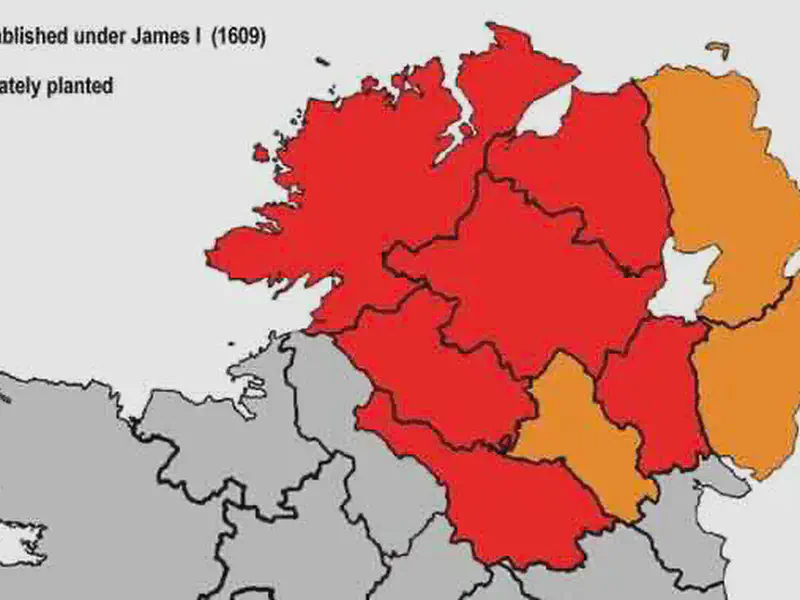
July 27, 1602
Hugh O'Neill's principal vassal, Donnell Ballagh O'Cahan, submits to Henry Docwra
Donnell Ballagh O’Cahan (died 1627) was an Irish landowner in Ulster.